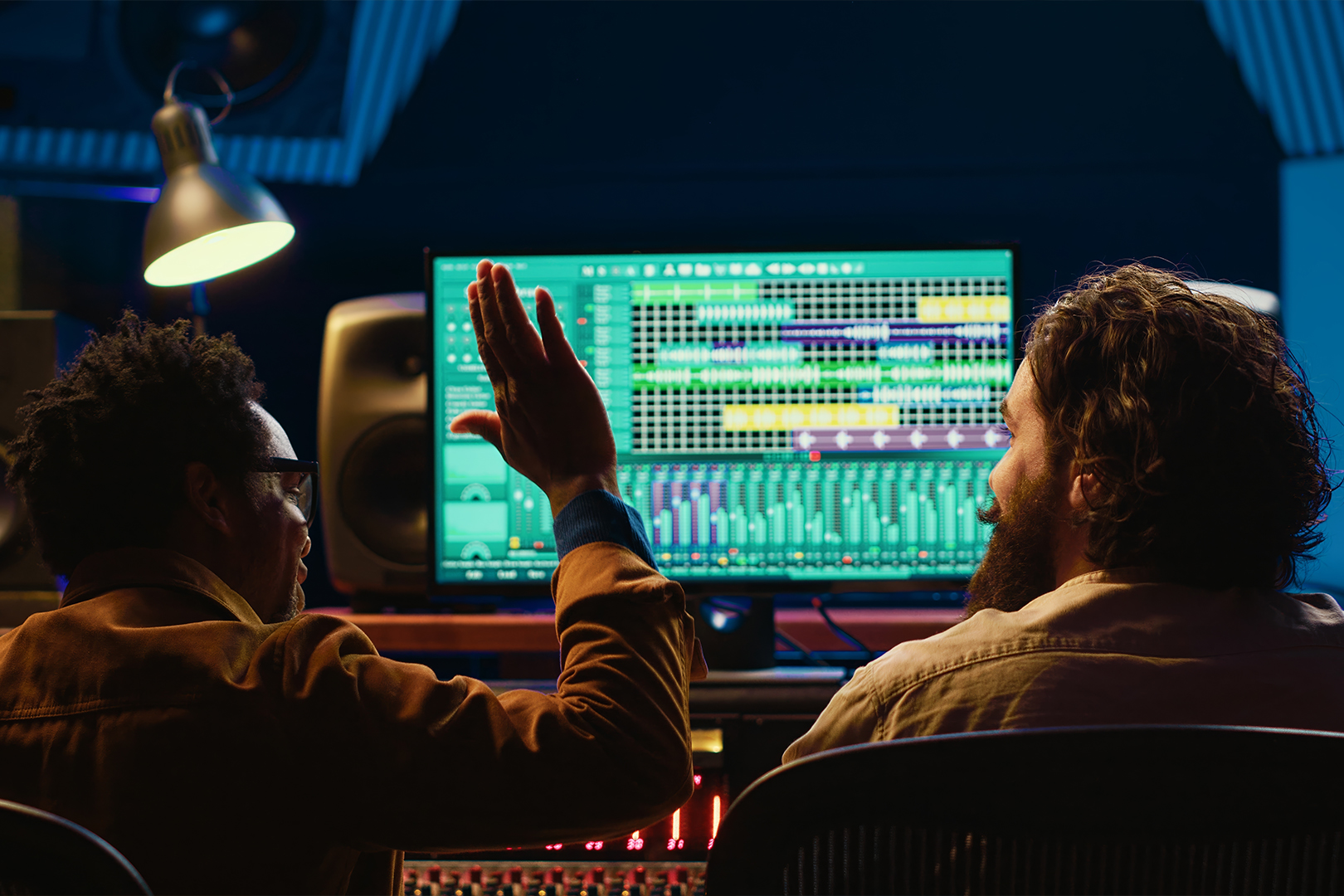The music industry is largely made up of freelancers and professional relationships are crucial to success. These relationships can be financial, creative, formal with contracts and agreements or informal. Many of your professional relationships will be with friends so creating healthy and clear boundaries can be helpful.
Healthy boundaries in relationships create mutual respect between individuals and setting boundaries helps us know what’s expected in the relationship. Boundaries show us how we can respect each other’s personal space, comfort level, and limits. They are a form of self-care and can help you take care of your mental health and ensure that your well-being is respected.
Being clear in your communications and your roles and responsibilities and ensuring you keep in touch regularly is important to help ensure trust and respect.
Having regular meetings with clear agendas and circulating notes is a very helpful way of keeping an objective record of what was discussed and agreed which can be referred back to at a later stage if anyone is unhappy that things are going in a different direction. Ask for a discussion to review the previous decision to ensure that there is a consensus on the new direction.
Agreements can also be helpful. The Musicians’ Union has some useful templates. They don’t need to be complicated but just state:
- the purpose of the project you are working on
- roles and responsibilities
- how to stop work if needed
- how reimbursements are managed.
Again, this is a record you can refer back to when things don’t go as planned or one party is unhappy. It’s easier to agree how you will handle problems in advance rather than in the moment of conflict.
If conflict does occur, (See Dealing with Conflict) be open to understanding different perspectives and listen to the points of view expressed and possible solutions. Reflect on your part in the conflict and what you could have done differently so it doesn’t happen again. Let the other party know you accept responsibility for your actions and what you will do going forward
Sometimes it can feel difficult to talk about what you are concerned about. Assertiveness techniques may help. Assertiveness is a way of communicating that expresses your needs, opinions and emotions while respecting the rights of others.
You may find certain situations when it is difficult to be assertive and unassertive behaviour can lead to low self-esteem. Our working environment can make it difficult for us to be assertive and sometimes we hold unhelpful beliefs and assumptions about ourselves, other people and the world that can make it difficult for us to be assertive.
The following techniques may help
- Basic Assertion: when we make an “I” statement that expresses clearly our needs, wants, beliefs, opinions or feelings.
- Empathetic Assertion: recognises the other person’s feelings, needs or wants, as well as stating your own.
- Discrepancy Assertion: highlights when what was previously agreed is different from what is actually happening.
- Negative Feelings Assertion: draw attention calmly to the undesirable effect another person’s behaviour is having on you. “When you miss a deadline, it causes me to work long hours over the weekend”.
- Broken Record: prepare what you want to say and repeat it calmly.
- Consequence Assertion (only to be used as a last resort and if you have a sanction you are prepared to use): inform the other person of the consequences for them of not changing their behaviour. This can appear aggressive so ensure positive non-verbal communication and reassure that “you would prefer not to”.
Music is an unusual sector where we are likely to spend significant amounts of time socialising with the people we work with. This can create very close and intense relationships which are driven by a shared passion for the music. Whilst this can be an enormously enriching part of the work, it can be devastating when things go wrong, so remember to spend time with non-musician friends and family and give your creative working relationships a break from time to time.


